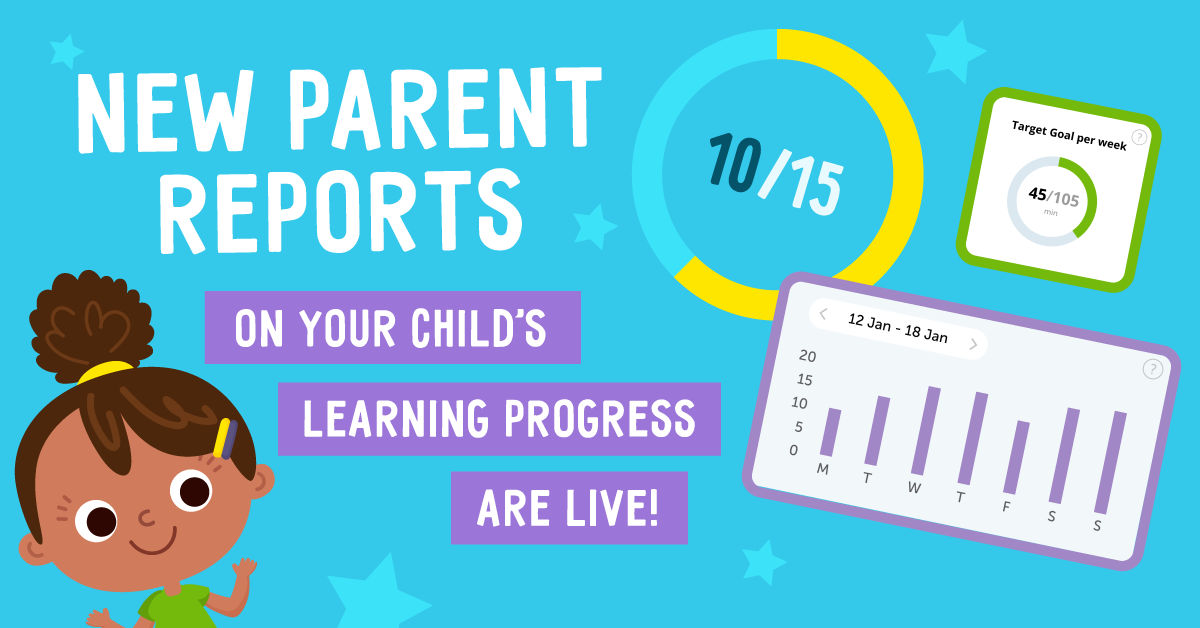Vocabulary development Normal Worksheets for Ages 3-7
47 filtered results
-
From - To
Unlock your child's language potential with our "Vocabulary Development Normal Worksheets for Ages 3-7." Designed to enhance early language skills through engaging activities, these printable worksheets help children learn new words, understand their meanings, and use them in context. Tailored for ages 3-7, our resources make education exciting and effective, with fun, age-appropriate exercises anchored in early learning principles. Develop critical vocabulary and lay a strong foundation for reading and communication. Start now and watch your child’s language skills blossom with our expertly crafted vocabulary development worksheets. Discover the joy of learning today!
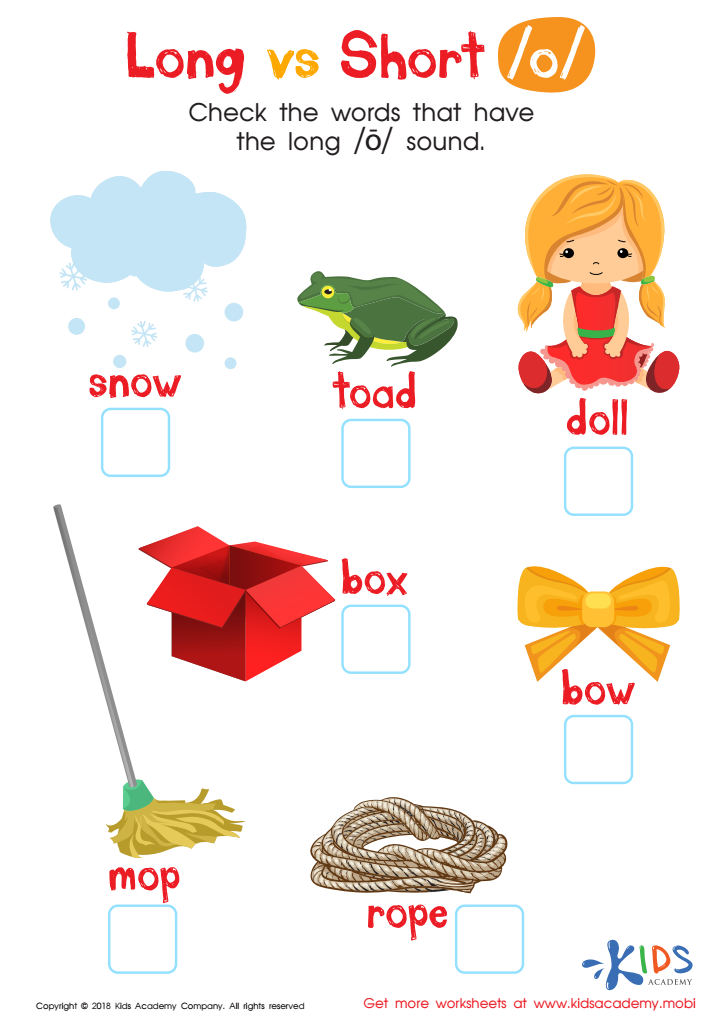

Long vs Short O Reading Worksheet
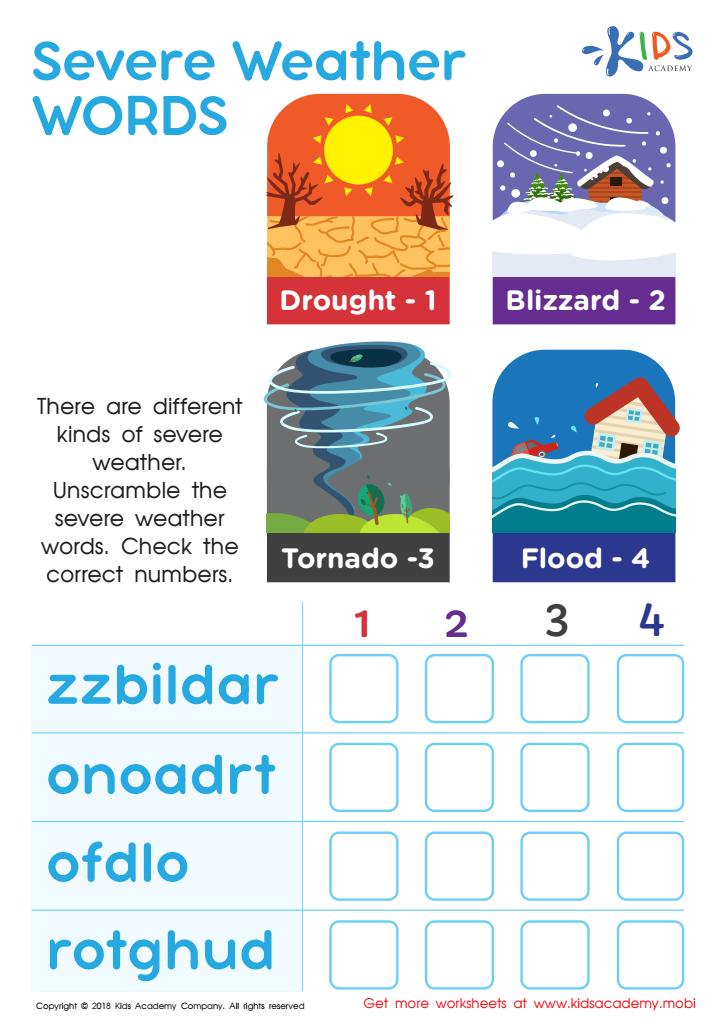

Severe Weather Words Worksheet
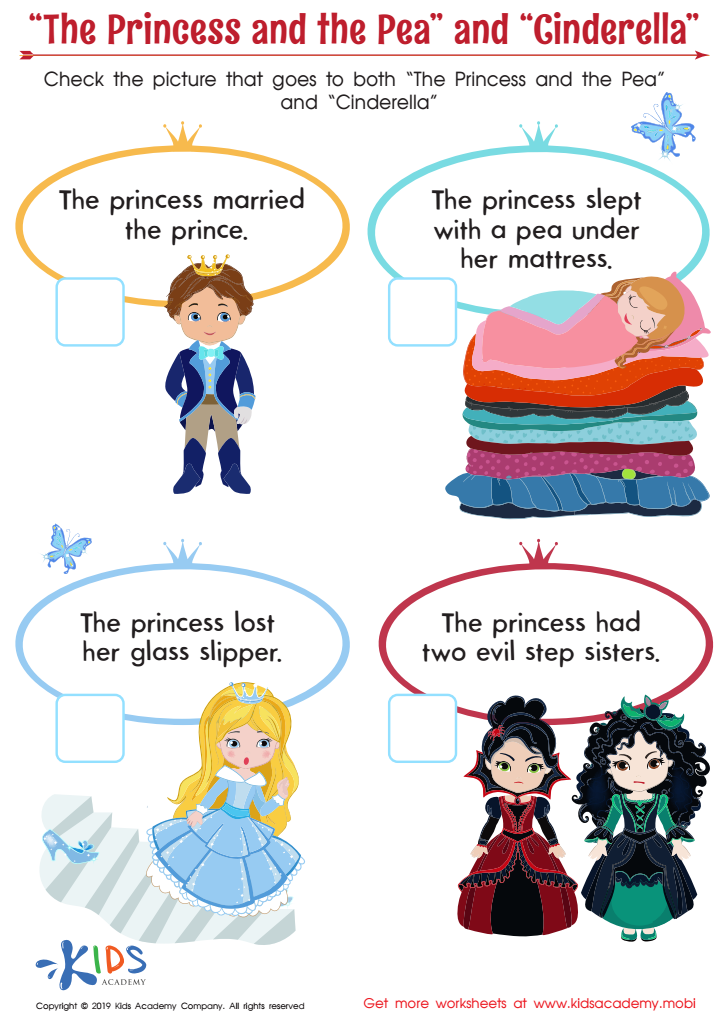

“The Princess and the Pea” and “Cinderella” Worksheet
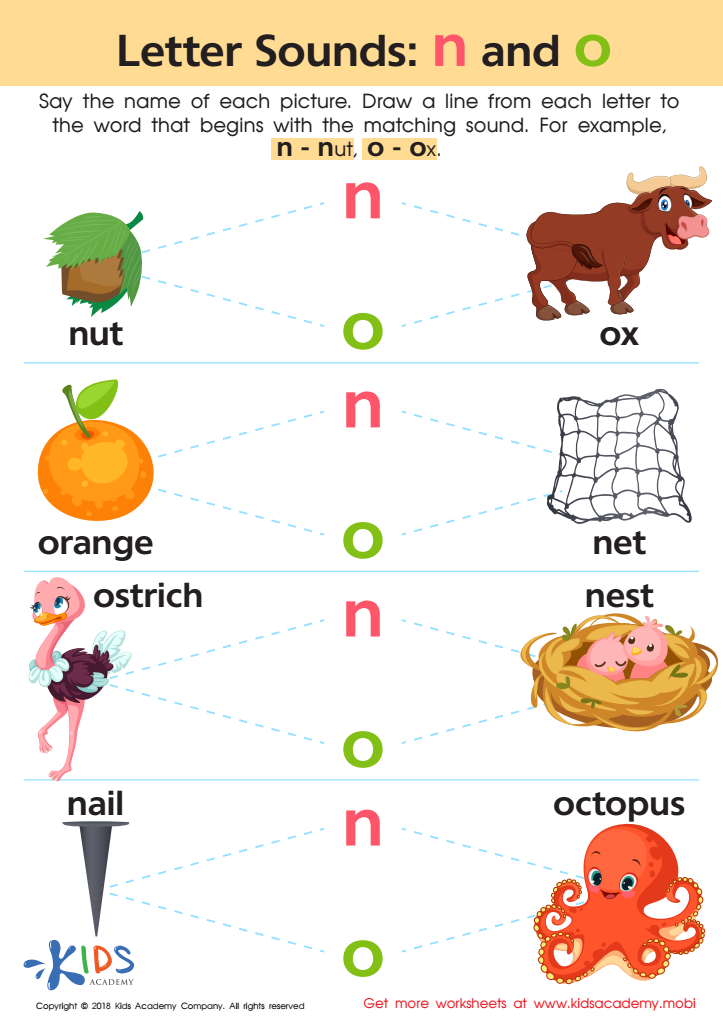

Letter N and O Sounds Worksheet
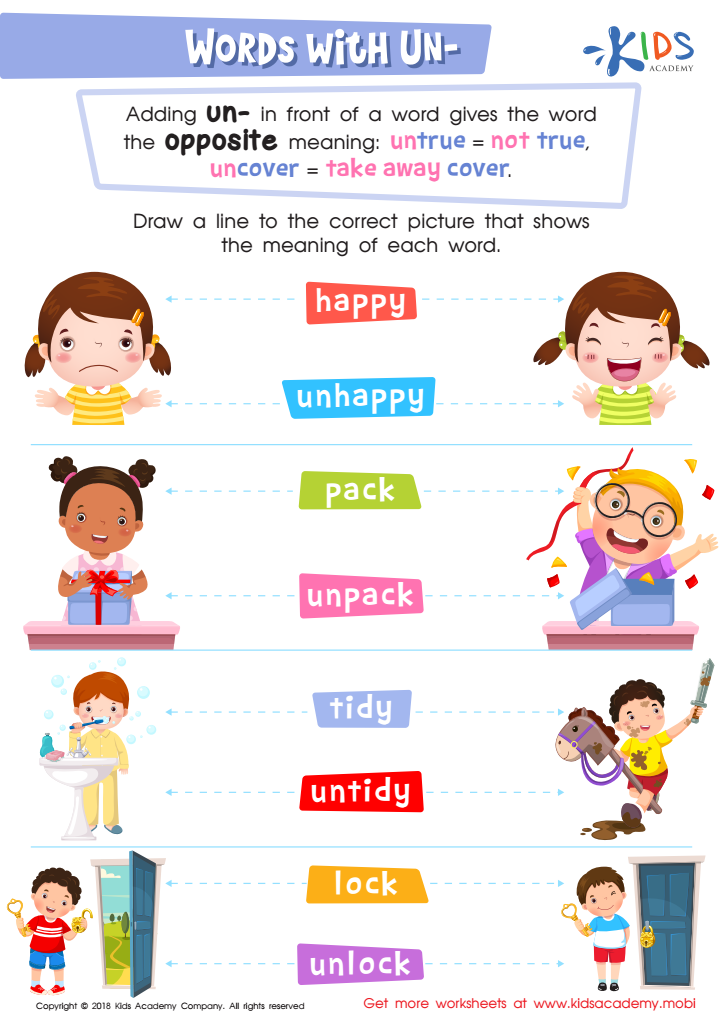

Words with Un– Worksheet


The Dentist Worksheet
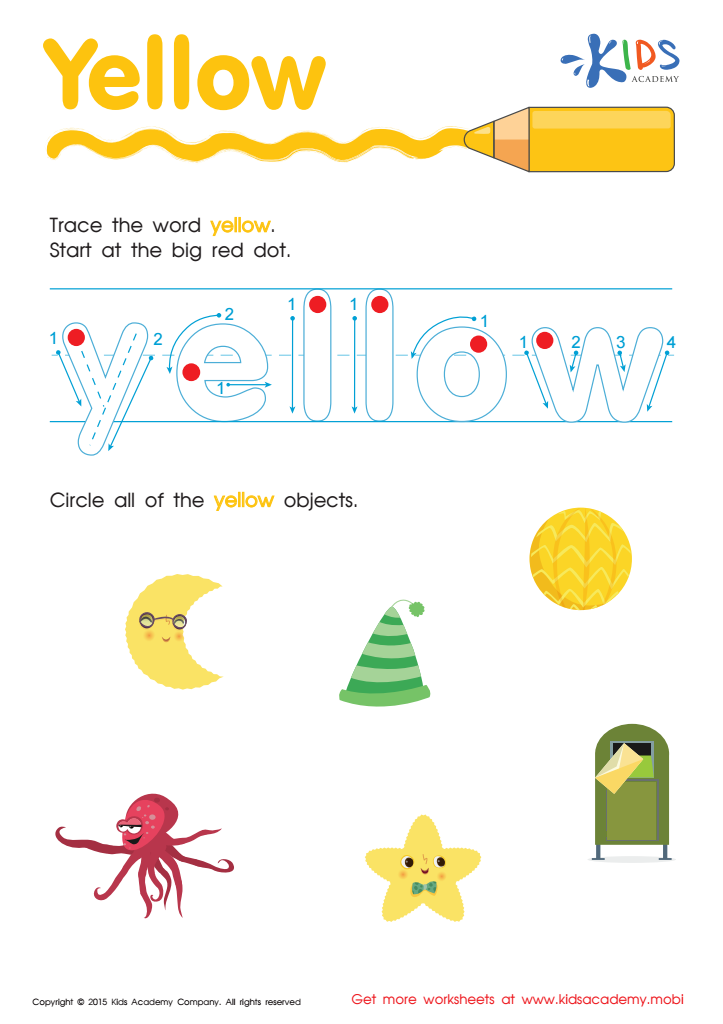

Yellow Tracing Color Words Worksheet


Vowel and Consonant Sounds: Assessment Worksheet
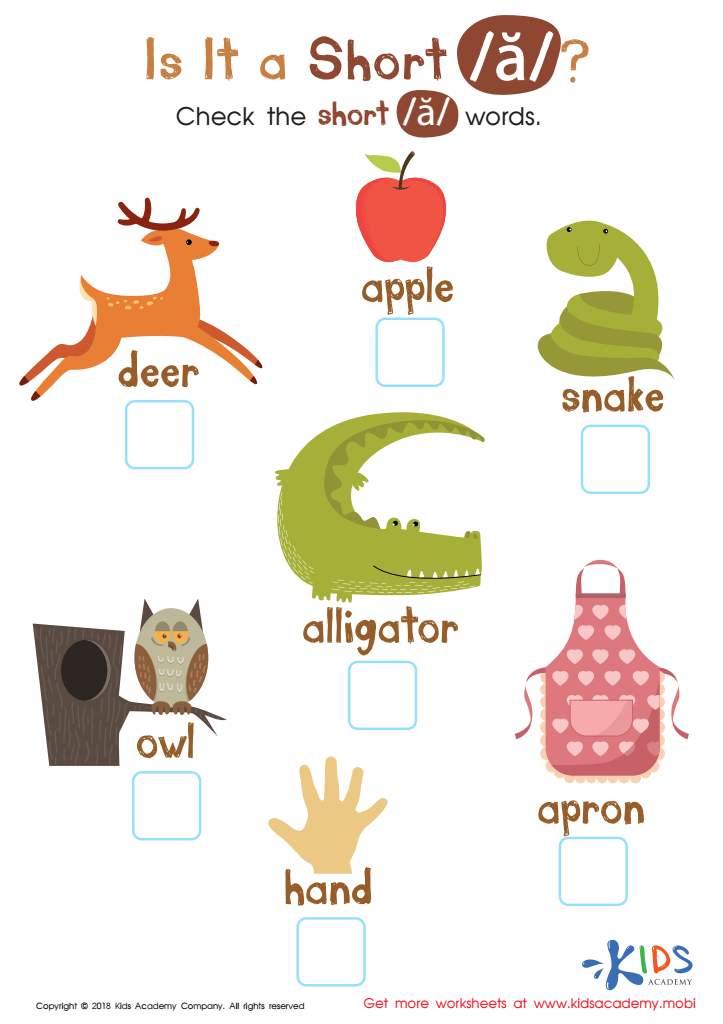

Is It Short A? Reading Worksheet
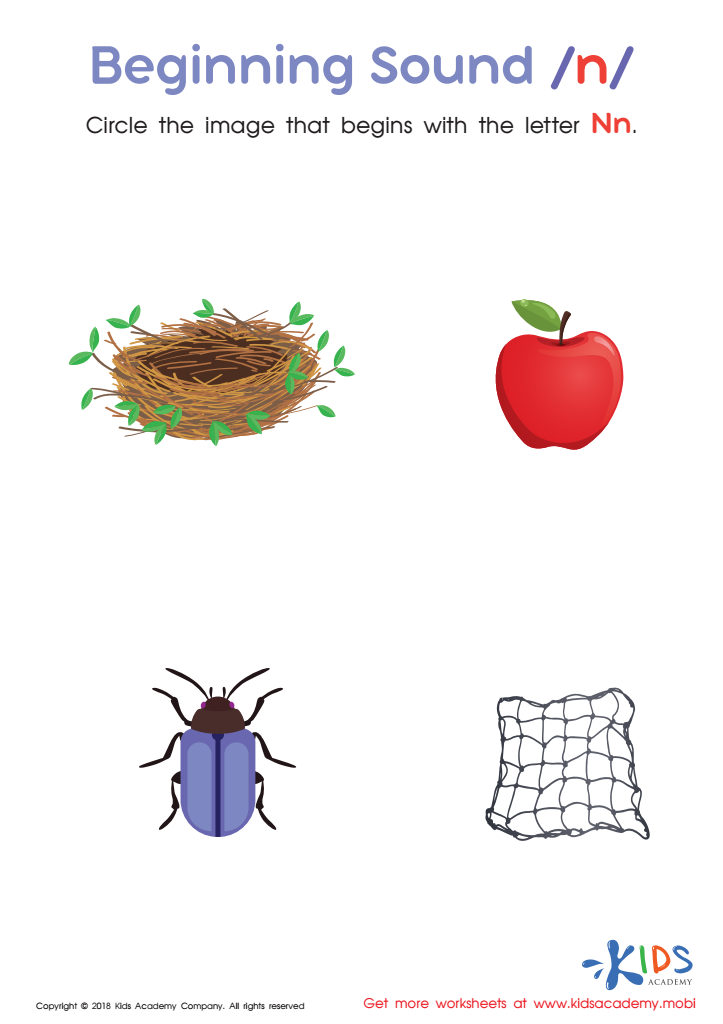

Beginning Sound «n» Worksheet
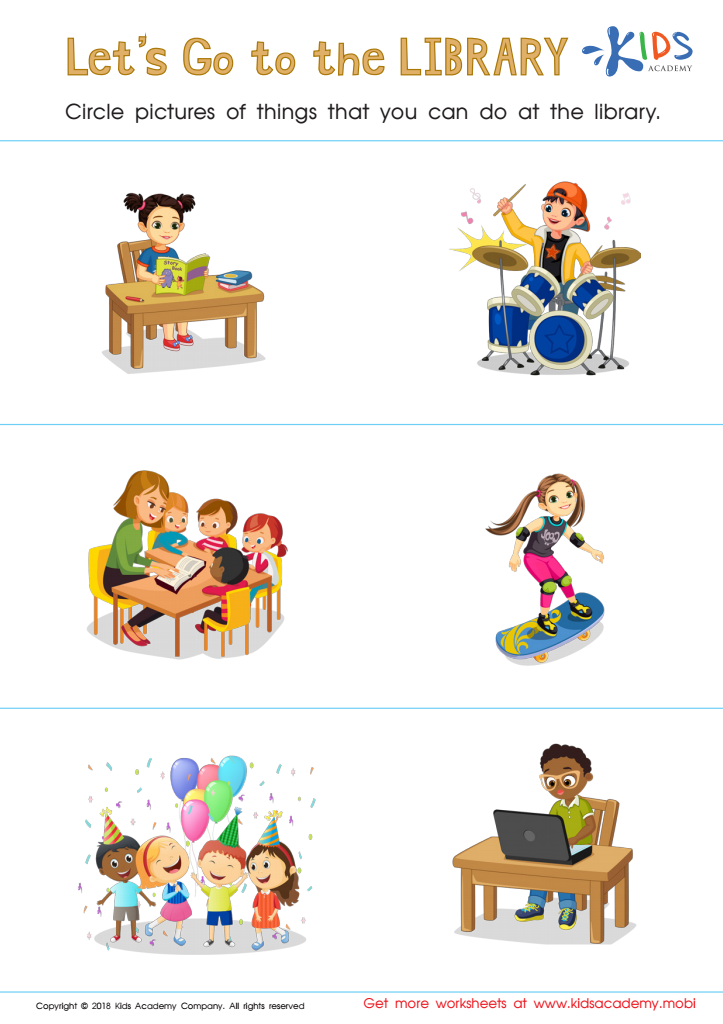

Let's Go to the Library! Worksheet
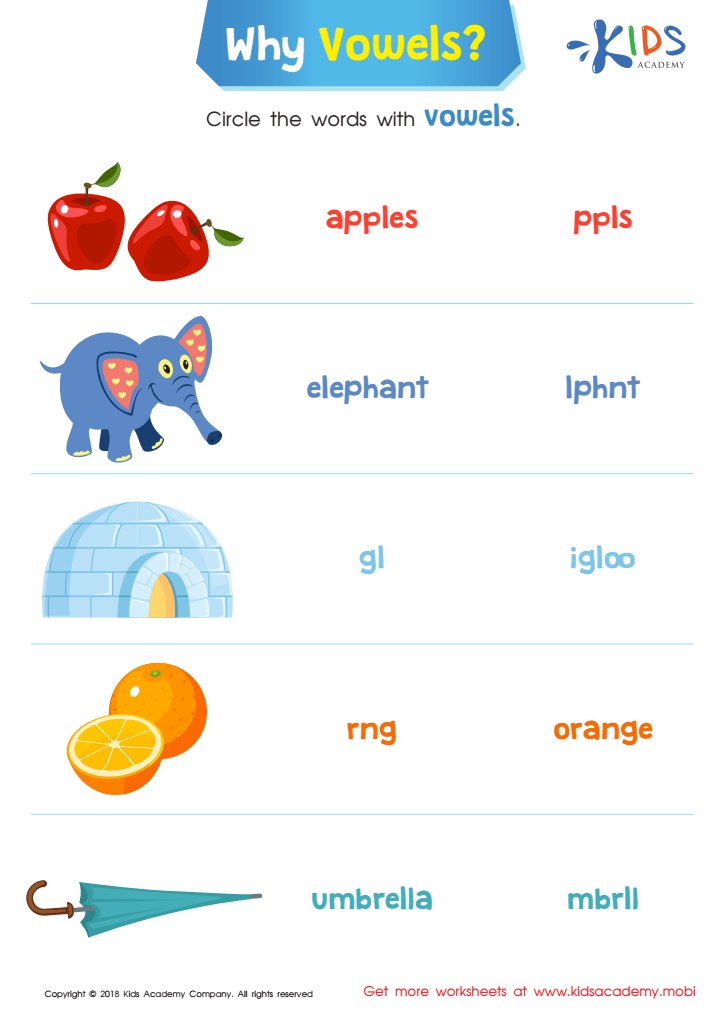

Why Vowels? Reading Worksheet
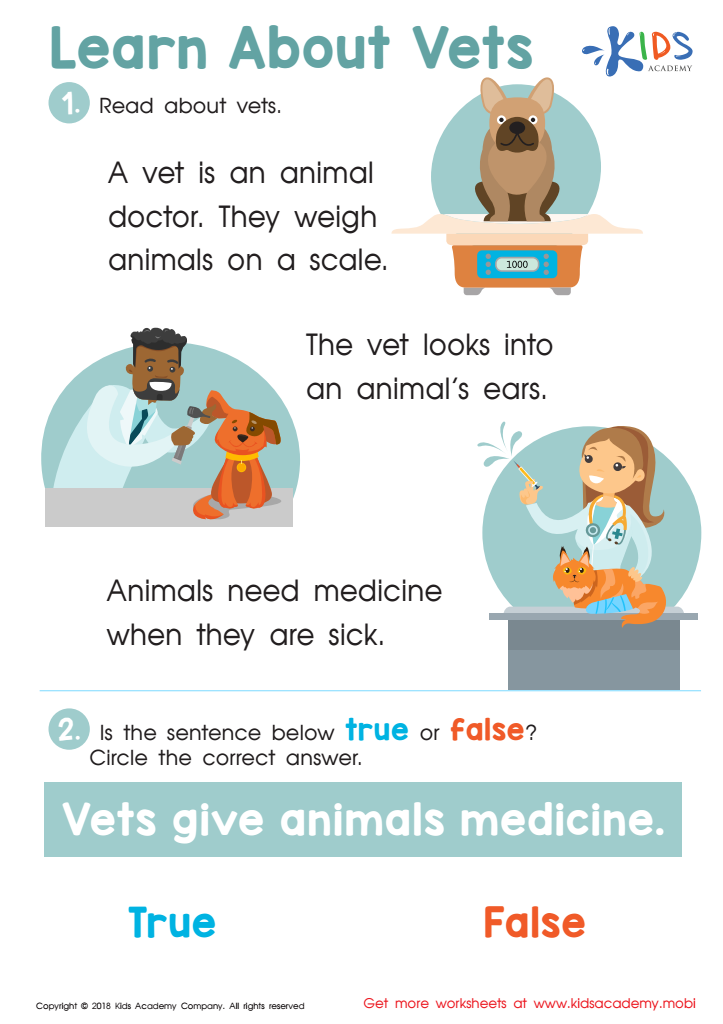

Learn About Vets Worksheet
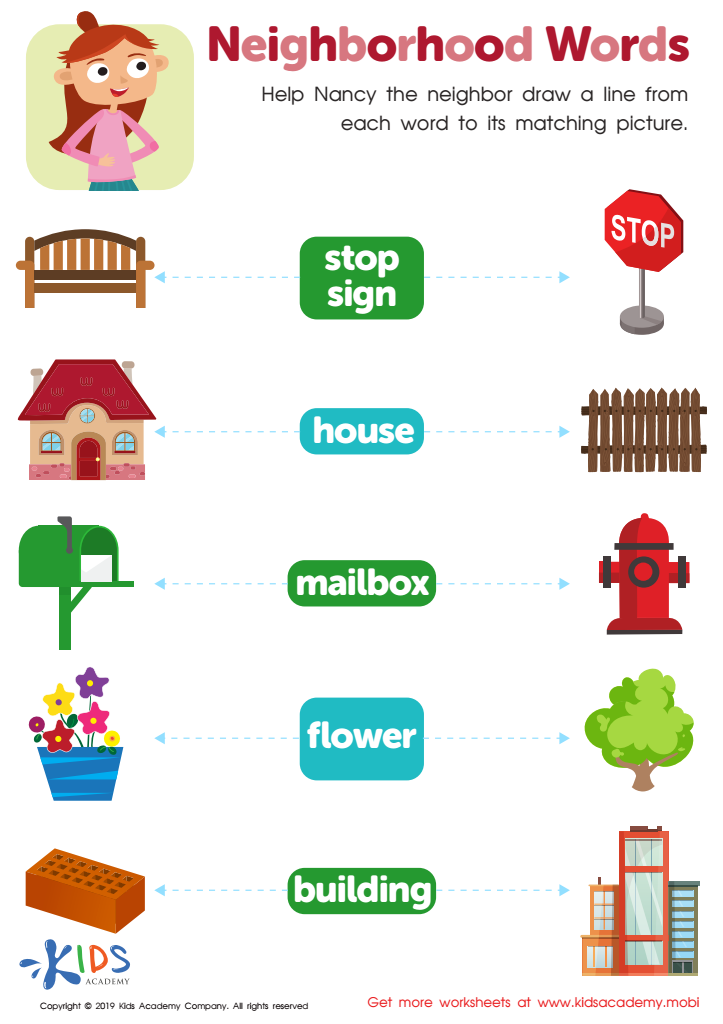

Neighborhood Words Worksheet
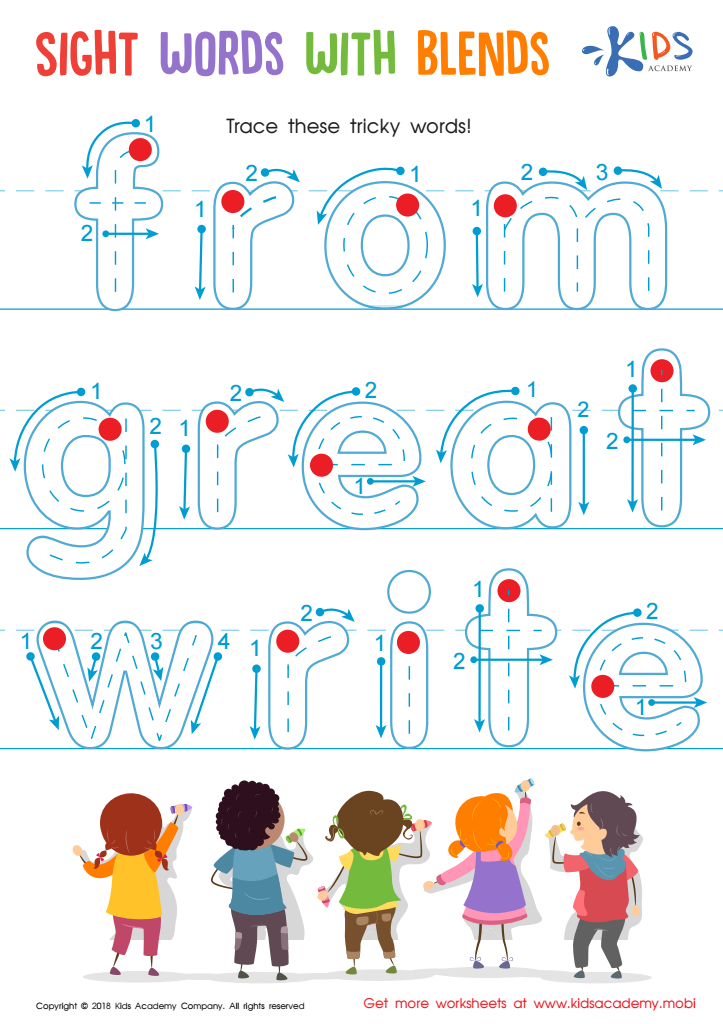

Sight Words with Blends Worksheet
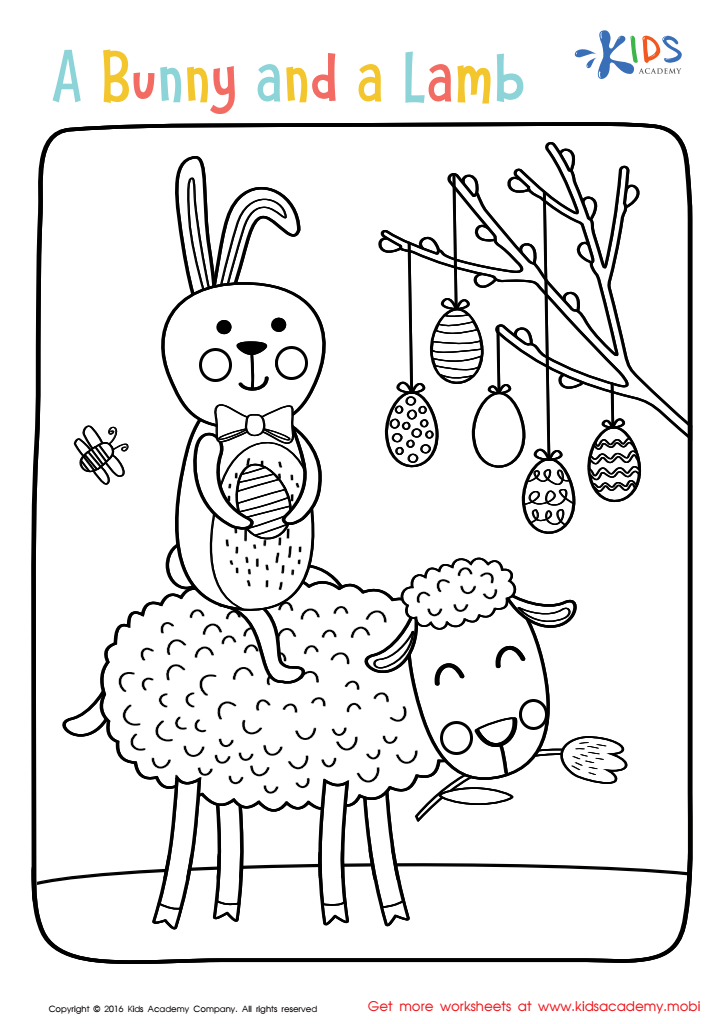

Easter: a Bunny and a Lamb Worksheet
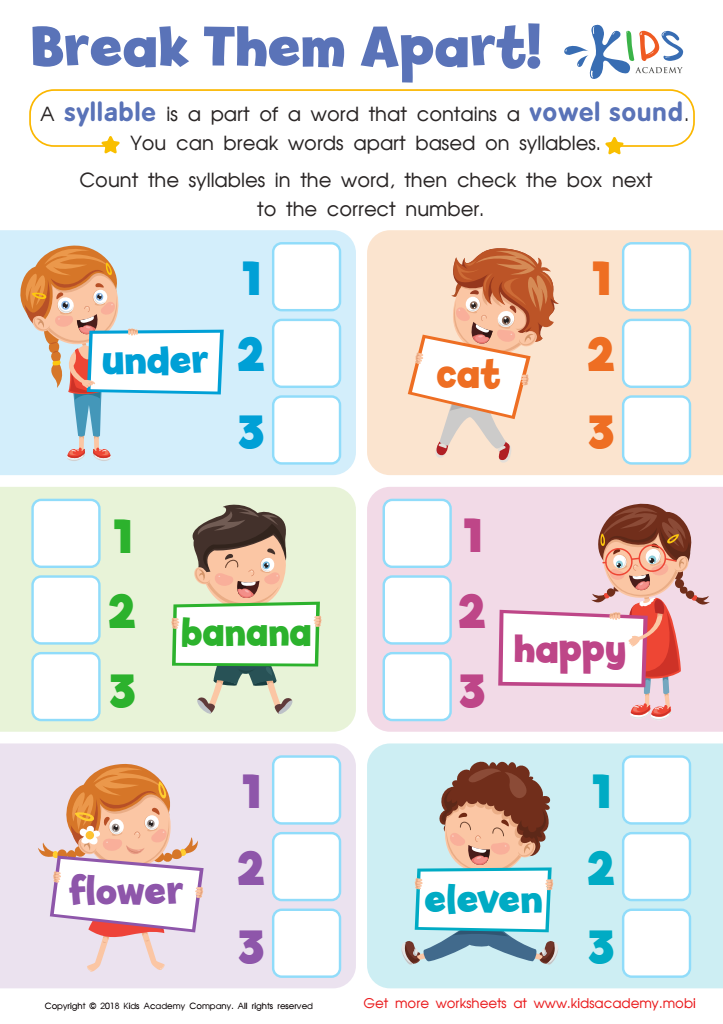

Reading: Break Them Apart Worksheet
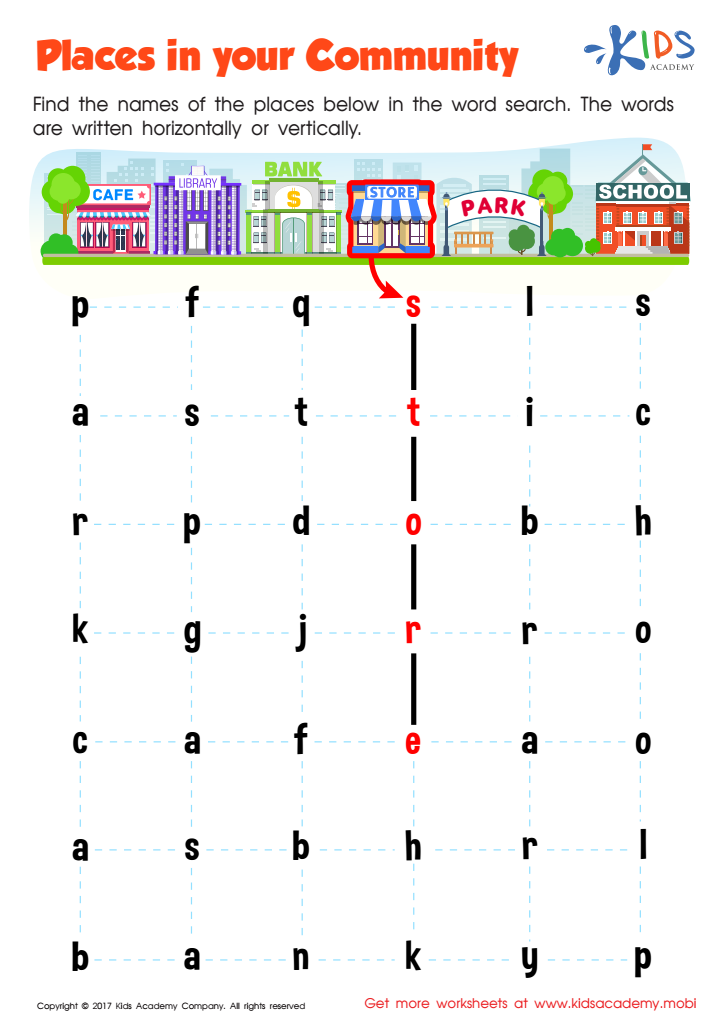

Places in Your Community Worksheet
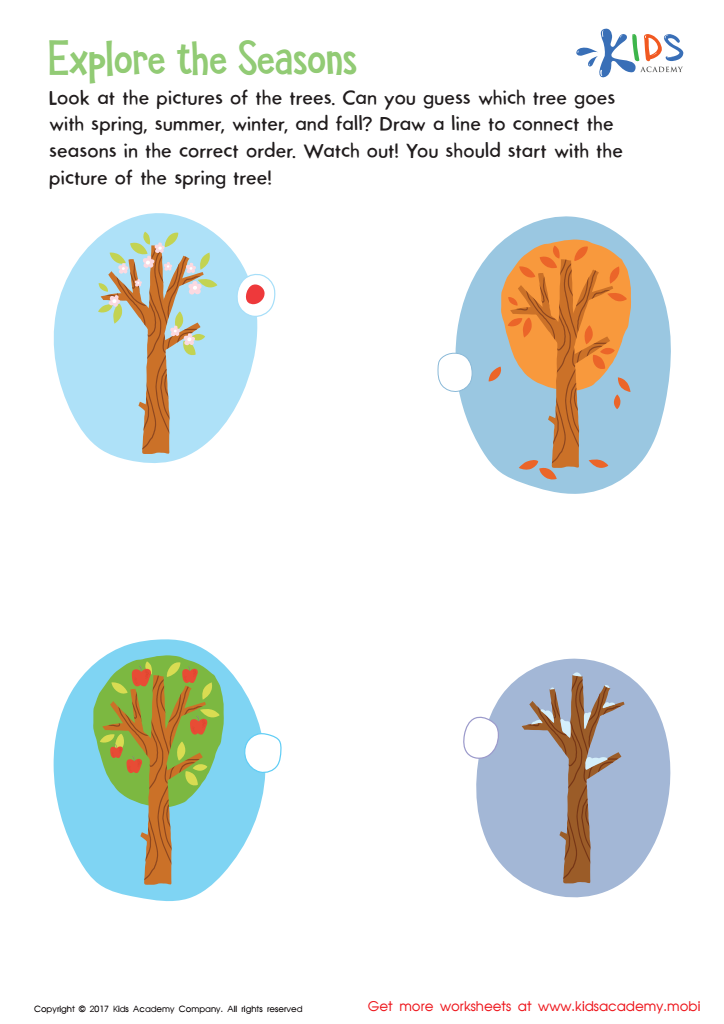

Explore the Seasons Worksheet
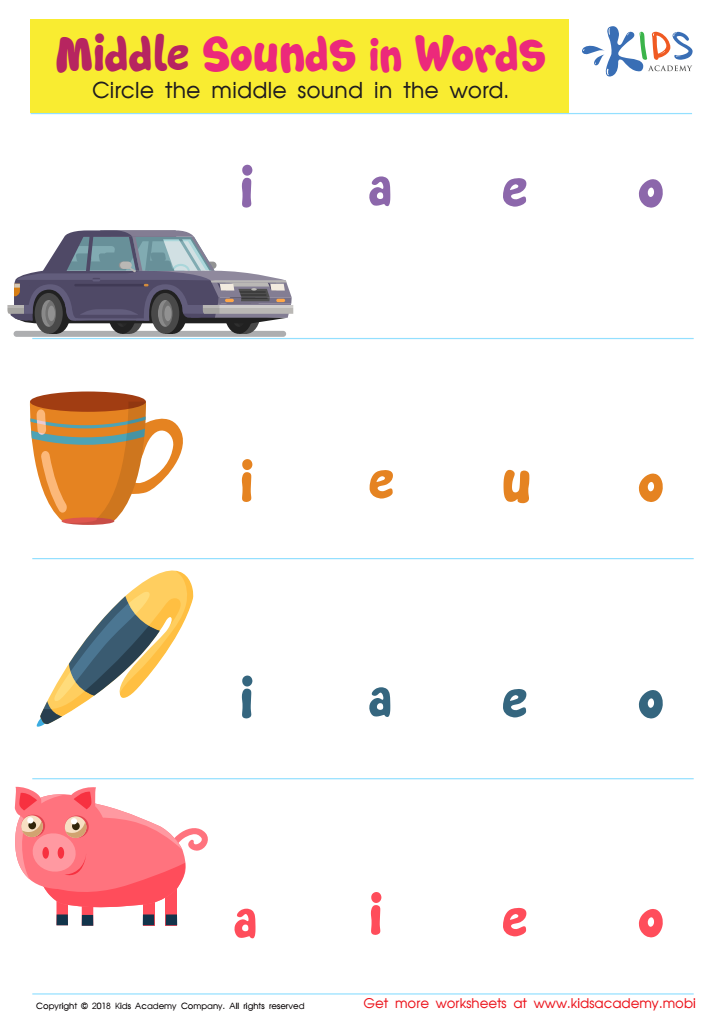

Middle Sounds in Words Worksheet
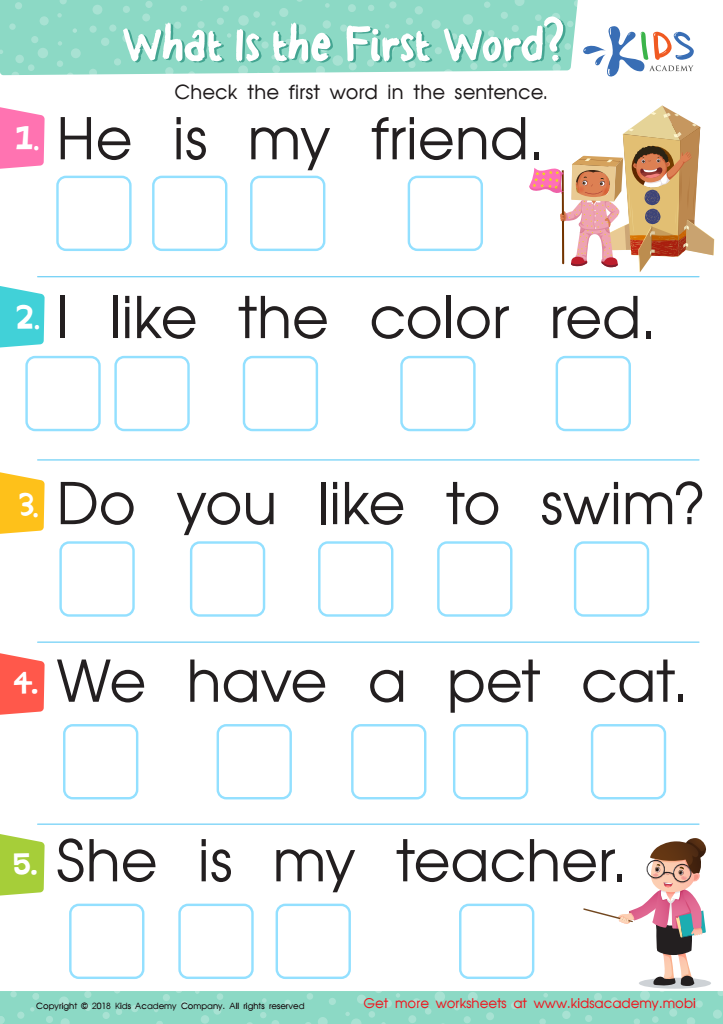

What is the First Word? Worksheet
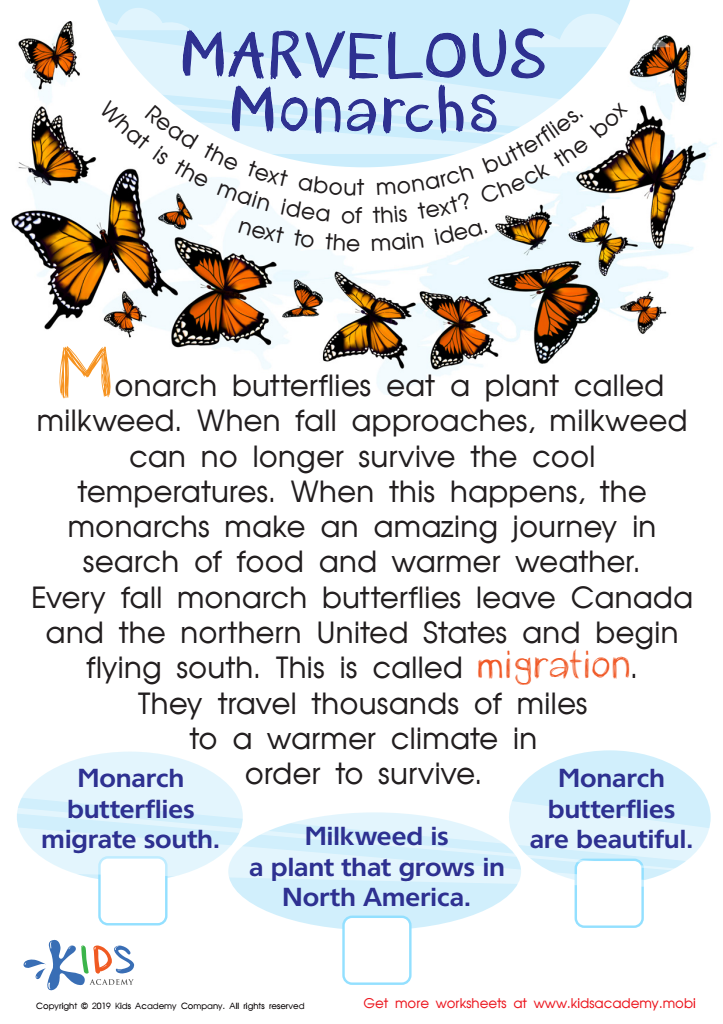

Marvelous Monarchs Worksheet
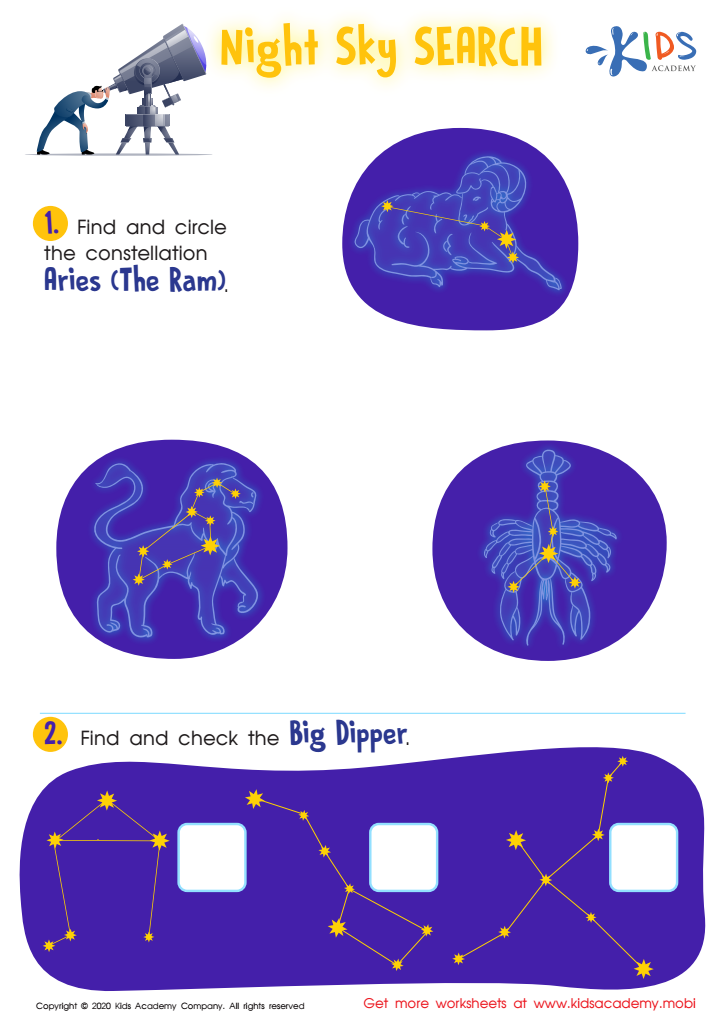

Night Sky Search Worksheet
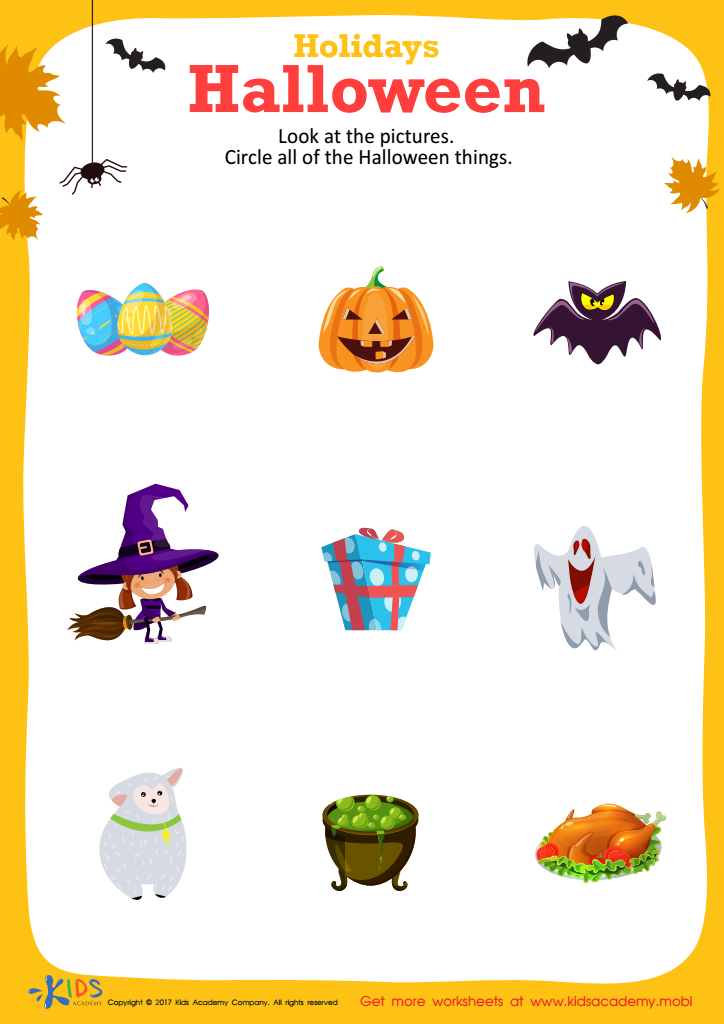

Halloween Holiday Worksheet
Vocabulary development is a critical aspect of early childhood that significantly impacts future academic and social success. For children between the ages of 3 and 7, this period, often termed the "critical period," lays the groundwork for language proficiency and cognitive development.
Firstly, a robust vocabulary fosters better communication skills. When children can express their thoughts and emotions clearly, they experience improved interactions with peers and adults, leading to stronger relationships and enhanced social skills. Secondly, vocabulary development is intricately tied to reading readiness and literacy. A rich vocabulary provides a foundation for understanding written texts, paving the way for successful reading and comprehension, which are essential for academic achievement in all subjects.
Moreover, children who develop a strong vocabulary early on tend to perform better in school. They are more adept at understanding and retaining new information, solving problems, and thinking critically. Furthermore, during this age, children are naturally curious and absorb new words rapidly, making it an ideal time for parents and teachers to introduce diverse and rich language experiences.
Lastly, vocabulary development also enhances emotional intelligence. When children have the words to label their feelings and experiences, they can better manage their emotions and navigate social situations effectively.
In summary, focusing on vocabulary development between ages 3 and 7 sets the stage for a child's future academic success, effective communication, and emotional well-being, making it a priority for both parents and teachers.
 Assign to My Students
Assign to My Students





